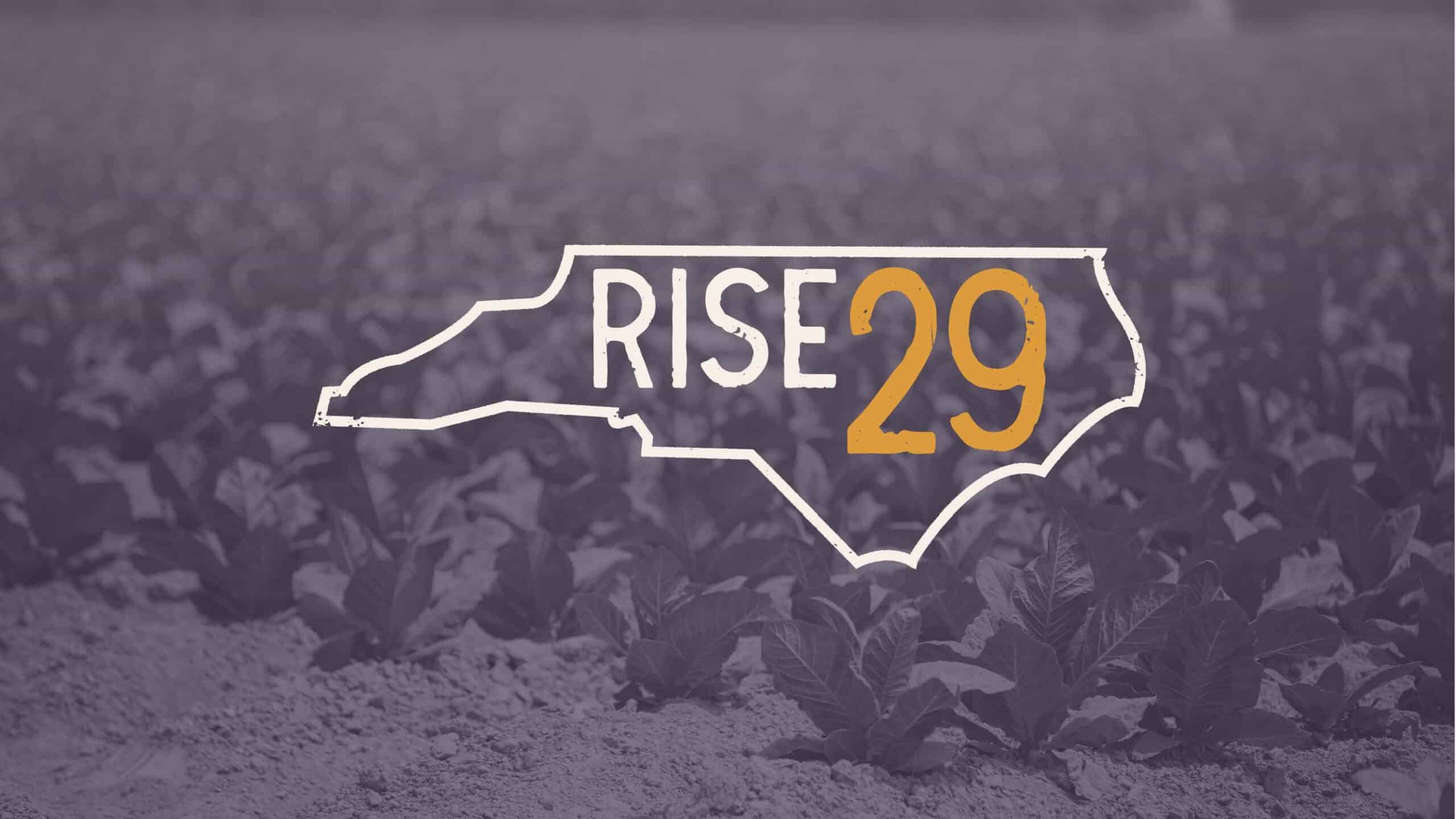
January 26, 2023
East Carolina University leadership in the Miller School of Entrepreneurship and the office of Research, Economic Development and Engagement developed a student entrepreneurship program called RISE29 out of conversations started at Golden LEAF’s Community-Based Grants Initiative meetings in 2018. The RISE29 group is developing a national model for rural entrepreneurs with the goal of transforming eastern North Carolina through microenterprises, job development, and existing business support.
“RISE29 connects small business ideas with regional community needs,” said Sharon Paynter with East Carolina University’s RISE29 Leadership Team. “Fueled by data analytics, our student teams develop and launch microenterprises, strengthen existing businesses with long-term continuity plans, and commercialize new technology that enhances our region.”
Currently the model serves Beaufort, Hyde, Martin, and Pitt counties. To date, RISE29 has resulted in 175 internships, 44 small business clients served, and 18 new startup initiatives. RISE29 has also helped create 83 new jobs, 19 new microenterprises, and retain 13 jobs.
The Golden LEAF Board of Directors awarded $1.03 million through the Community-Based Grants Initiative in 2019 to East Carolina University to support RISE29. Golden LEAF funds are used for RISE29 staff, mentors, and internships.
The plan is to grow RISE29 to all 29 counties ECU serves in the eastern part of the state, said Paynter. One of the biggest factors in growing the program is the readiness of the counties for RISE29.
“We have determined that each county needs to have a dedicated team ready to take on a long-term role creating a sustainable entrepreneurial network,” said Paynter. “Once the county’s team is in place, we perform a readiness assessment of the client.”
For those not ready to be a part of RISE29, ECU has other opportunities to help clients be ready for the work a RISE29 team offers, said Paynter.
After clients are determined to be ready for RISE29, the clients are prepped for how the program will work. Finally, each client is given sustainable strategies to work towards their growth goals.
Clients can be both student entrepreneurs beginning a new startup company in one of the served counties or a current business located in a served county supported by student entrepreneurs for business continuity plans.
“Even after interns have worked with a client through RISE29, the clients are given other business resources they can connect with at ECU,” said Paynter. “RISE29 is a long-term strategy for entrepreneurial success.”
For more information about RISE29, including testimonials, resources, and how to connect your county to RISE29 visit https://rise29.ecu.edu/.
Priority Area Program Area Project Description